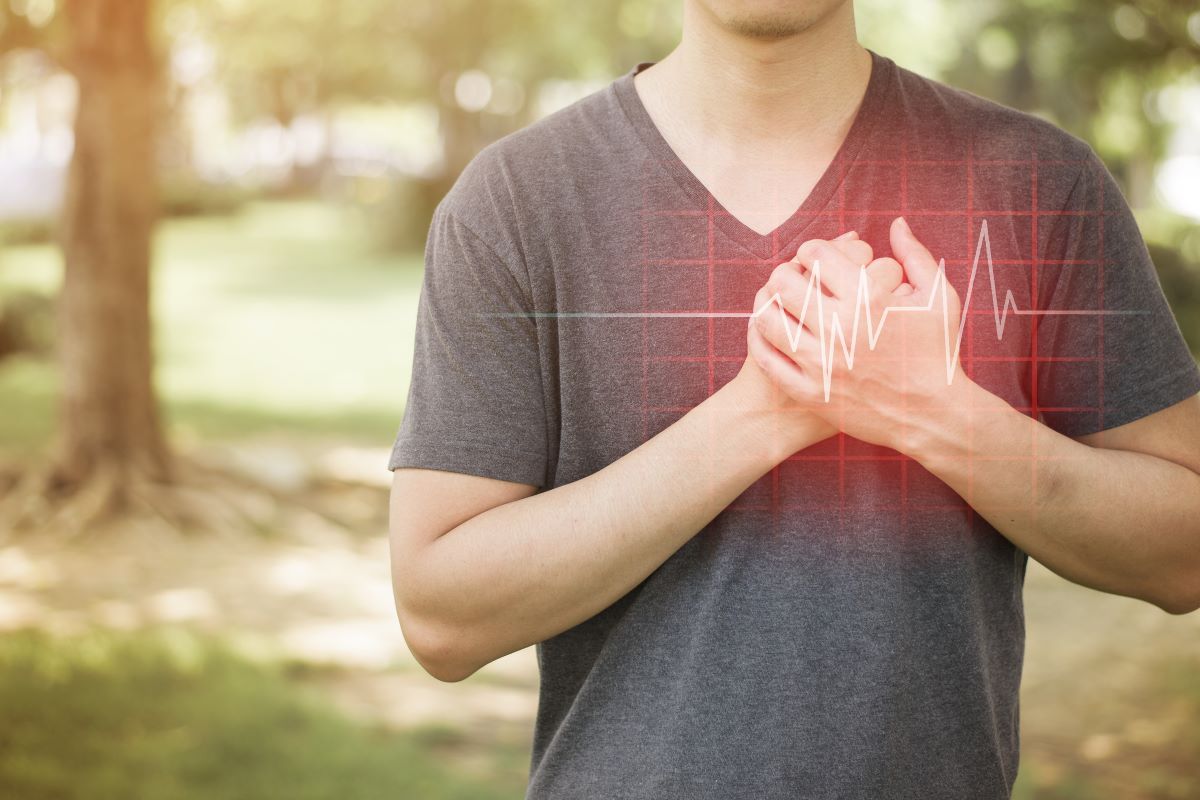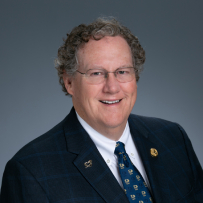
Sudden cardiac arrest, also known as out-of-hospital cardiac arrest, is the third leading cause of death in the United States. Cardiac arrest is not the same as a heart attack. A heart attack happens when a heart blood vessel is blocked by plaque, while cardiac arrest occurs when the heart’s usual electrical activity stops or becomes chaotic, halting the heart’s pumping function. No blood is pumped to the brain or vital organs, causing unconsciousness and potential collapse. In the U.S., there are over 400,000 emergency medical system-assessed cardiac arrest events annually, equating to more than 1,000 people a day. The national survival rate is less than 10% and, despite improvements in other heart disease outcomes, this rate has not improved over the last three decades.
There are several causes of cardiac arrest. Approximately 70% occur during a heart attack, often in older people. However, it can also happen in younger people due to trauma, genetic heart rhythm abnormalities, congenital heart disease, heart failure, drug use and infections. Each year, more than 2,000 children in the U.S. experience cardiac arrest.
Prevention is key in treating most forms of heart disease, but cardiac arrest is a time-dependent emergency, much like a stroke or heart attack, requiring immediate treatment. The "Chain of Survival" outlines a series of actions, including cardiopulmonary resuscitation (CPR), to treat cardiac arrest. The first step is recognizing the condition. Victims may appear to be gasping or seizing, which can lead to confusion. However, they will have abnormal respirations and be unresponsive to stimuli without a pulse. Once cardiac arrest is identified, hands-only CPR should be administered, a bystander should call 911 and an automated external defibrillator (AED) should be used as soon as possible. The goal is to deliver a shock within four minutes, as early defibrillation increases survival chances. In cities with bystander CPR, early defibrillation, rapid EMS response and hospitals dedicated to cardiac arrest care, survival rates can reach up to 70%.
Unfortunately, survival often depends on location. Japan, with a robust medical response system, has high survival rates. In the U.S., survival rates vary widely by city and state. Washington State, particularly Seattle and King County, have dedicated public health responses to cardiac arrest, and Georgia is improving its care. Georgia is one of the few states requiring high school seniors to learn hands-only CPR before graduation. House Bill 874, which took effect July 1, 2024, requires all K-12 schools to have AEDs and mandates that teachers, coaches and school nurses practice their emergency responses, including CPR and AED use, twice a year.
On the cutting edge of cardiac arrest treatment is extracorporeal CPR (E-CPR), which uses extracorporeal membrane oxygenation (ECMO) to take over the heart and lung functions, similar to heart bypass during surgery. The Northside Hospital system has implemented E-CPR at its Gwinnett campus with successful outcomes and the technology is portable for use in all Northside hospitals. With advancements like this, Atlanta could become the “Seattle of the South” in terms of cardiac arrest care, and Georgia could lead the world, much like Japan.
Learn more from Northside Hospital Heart Institute.

